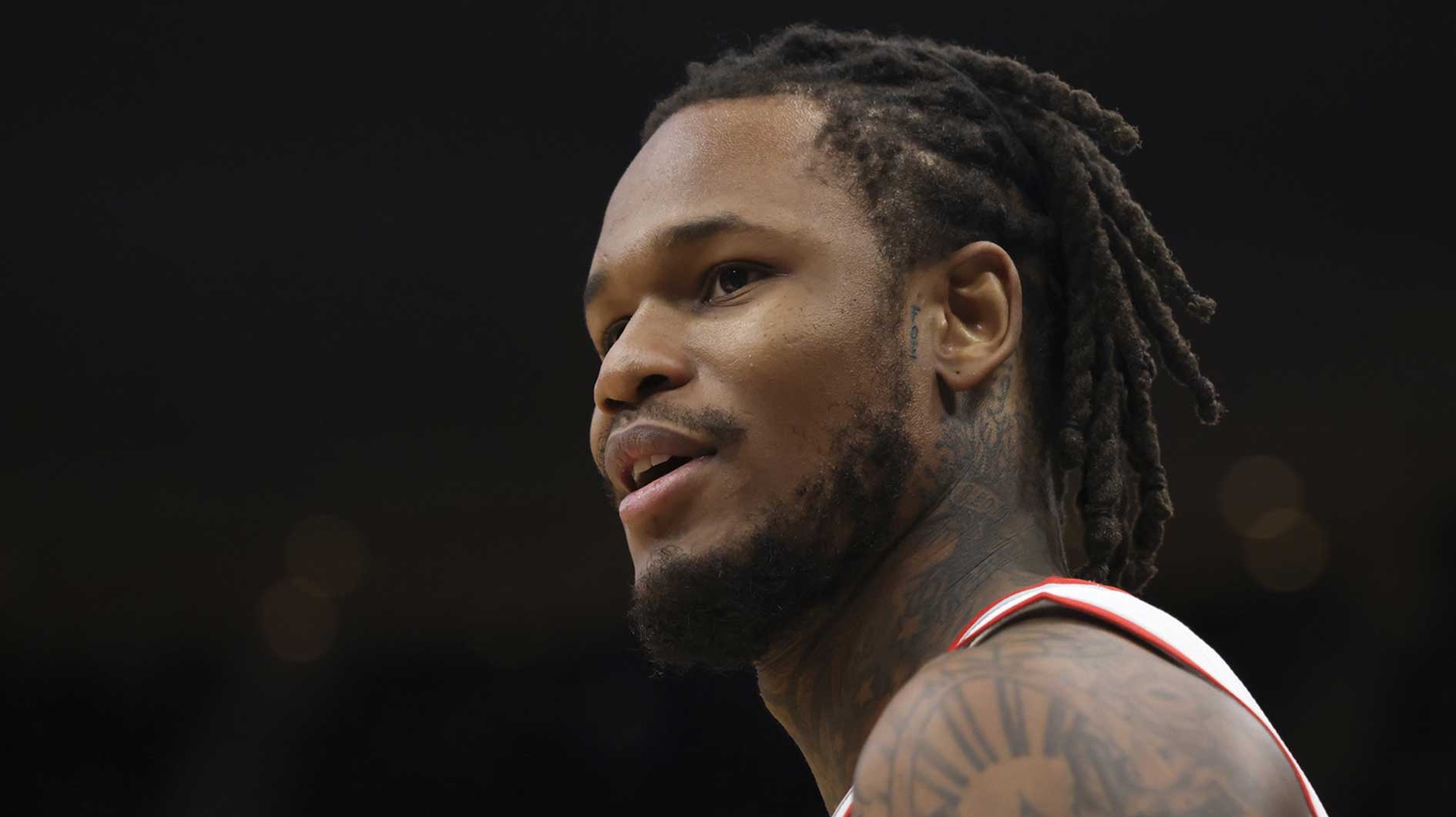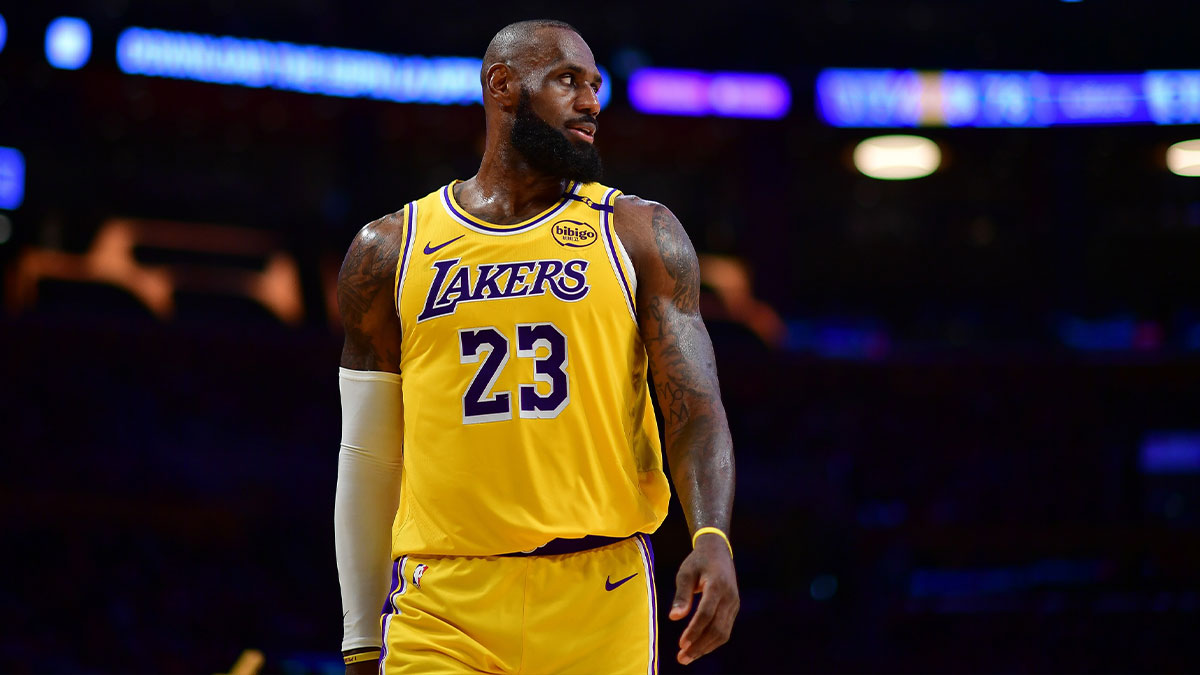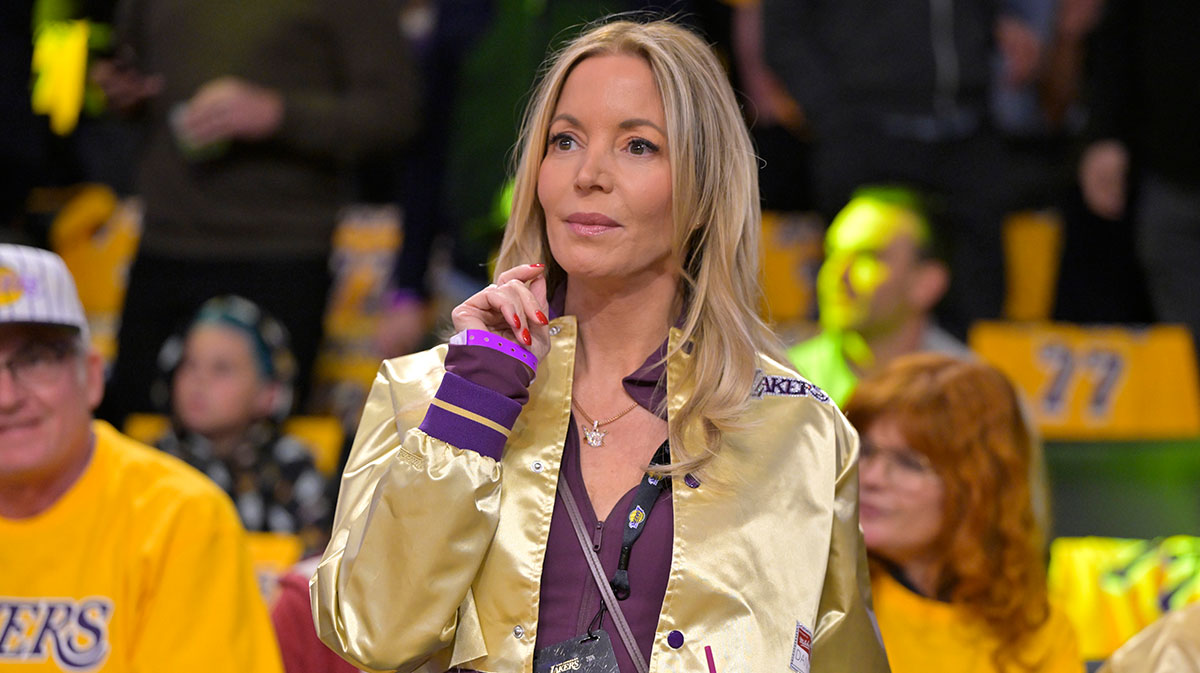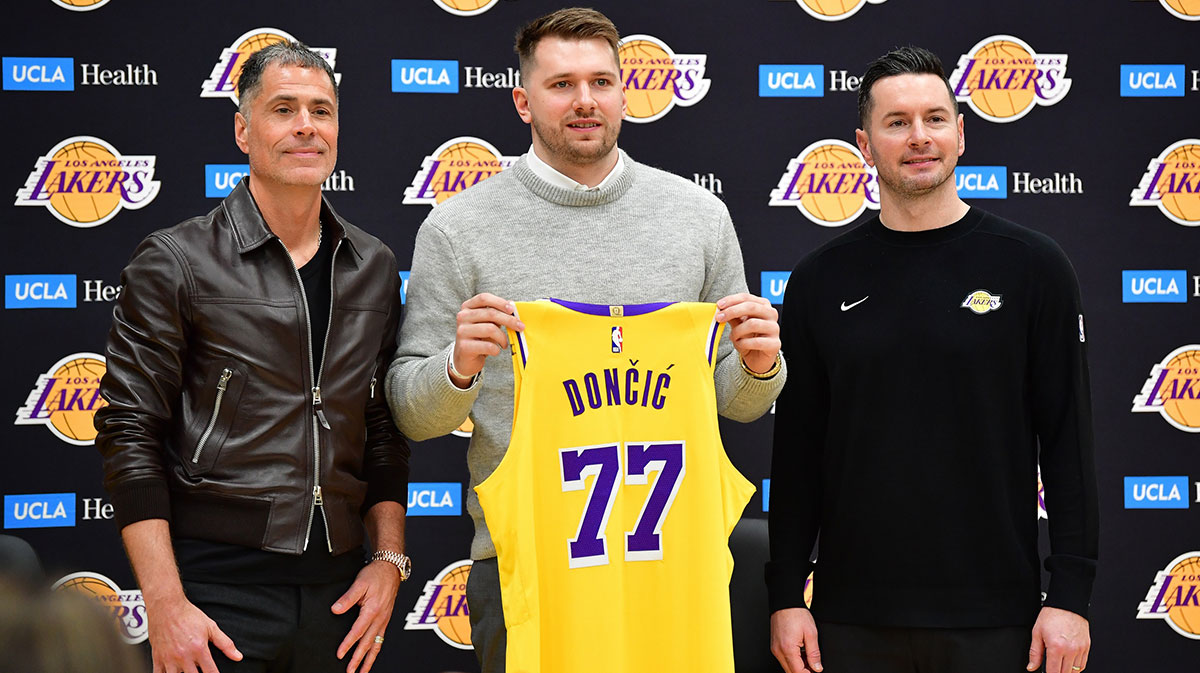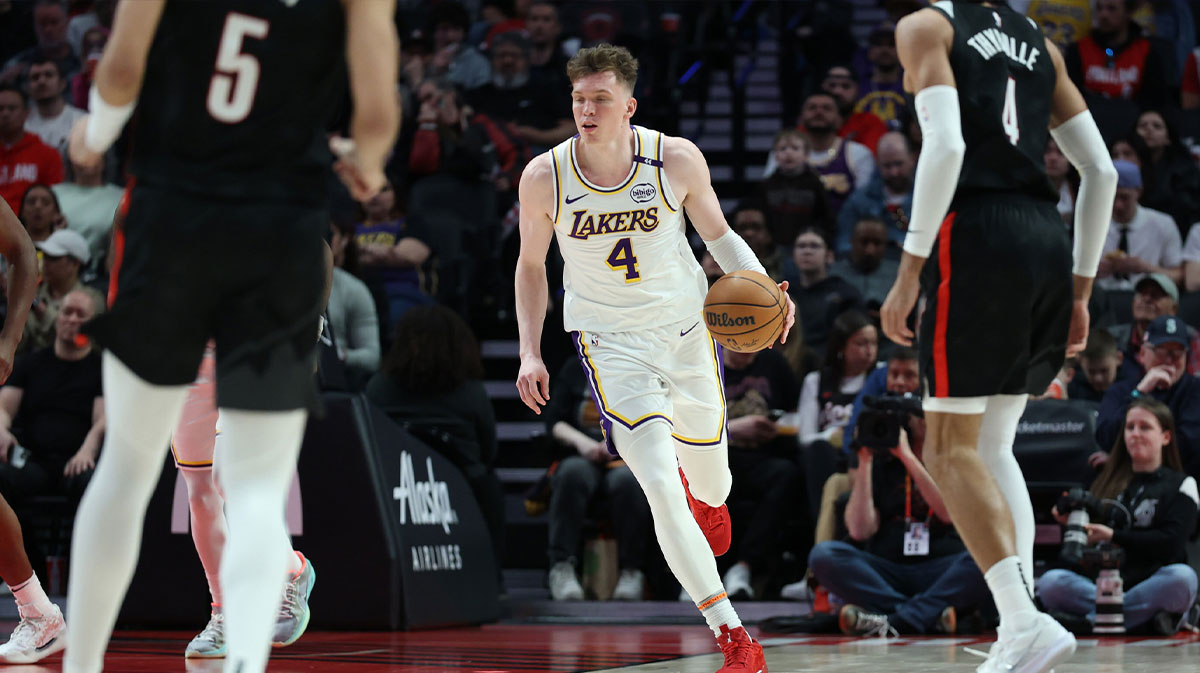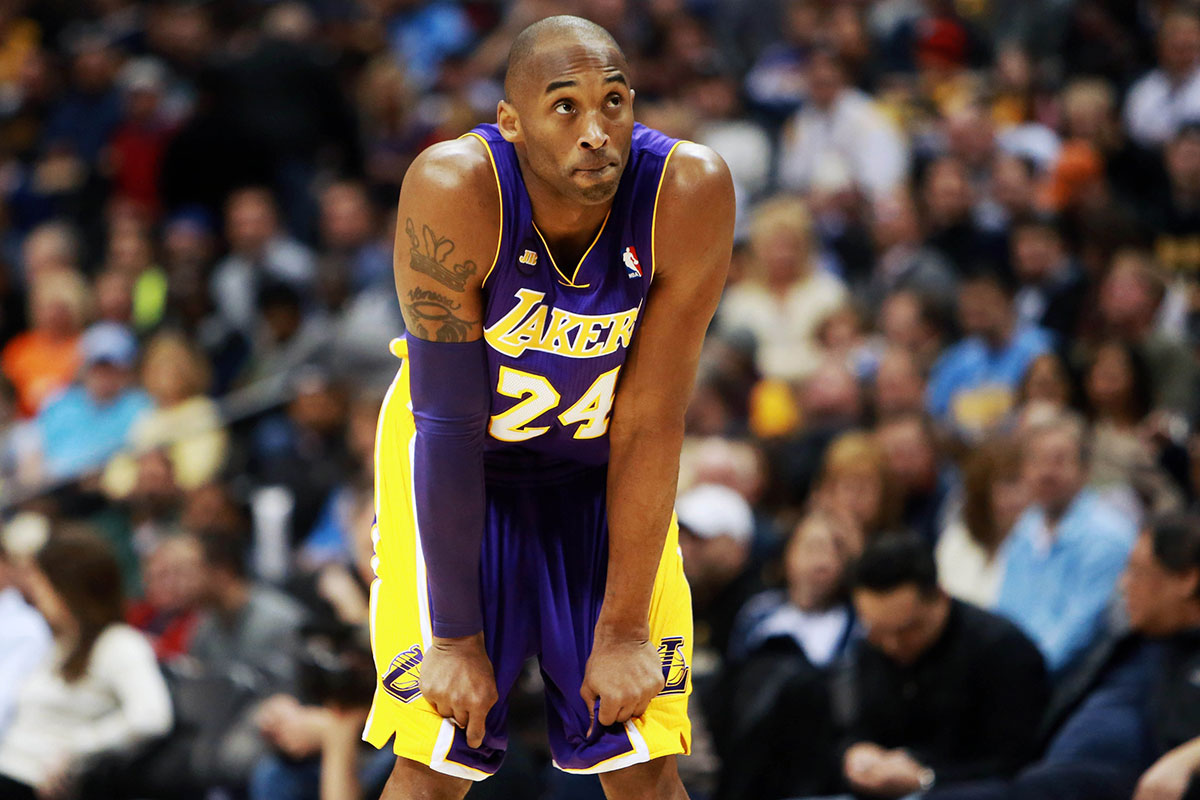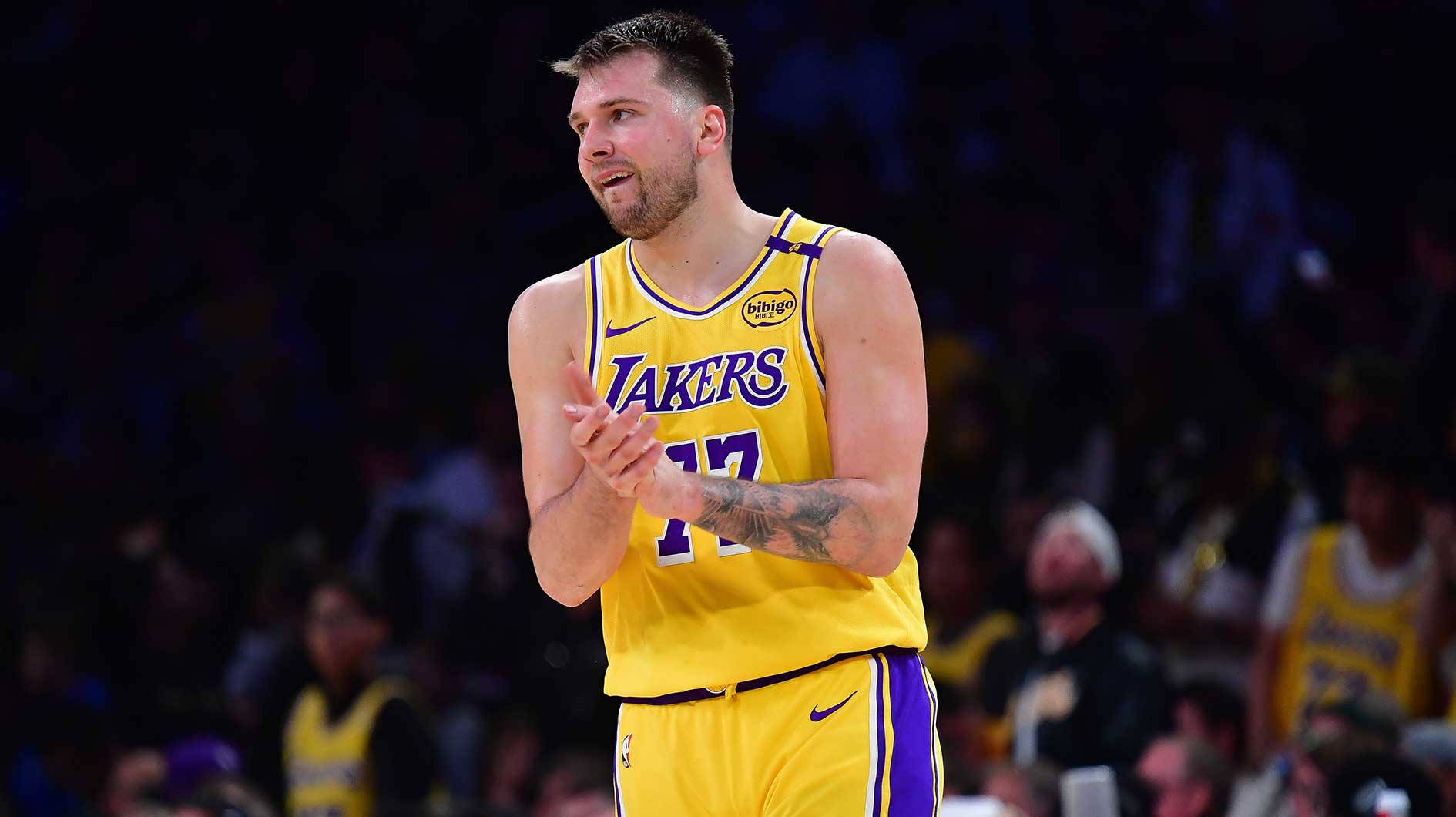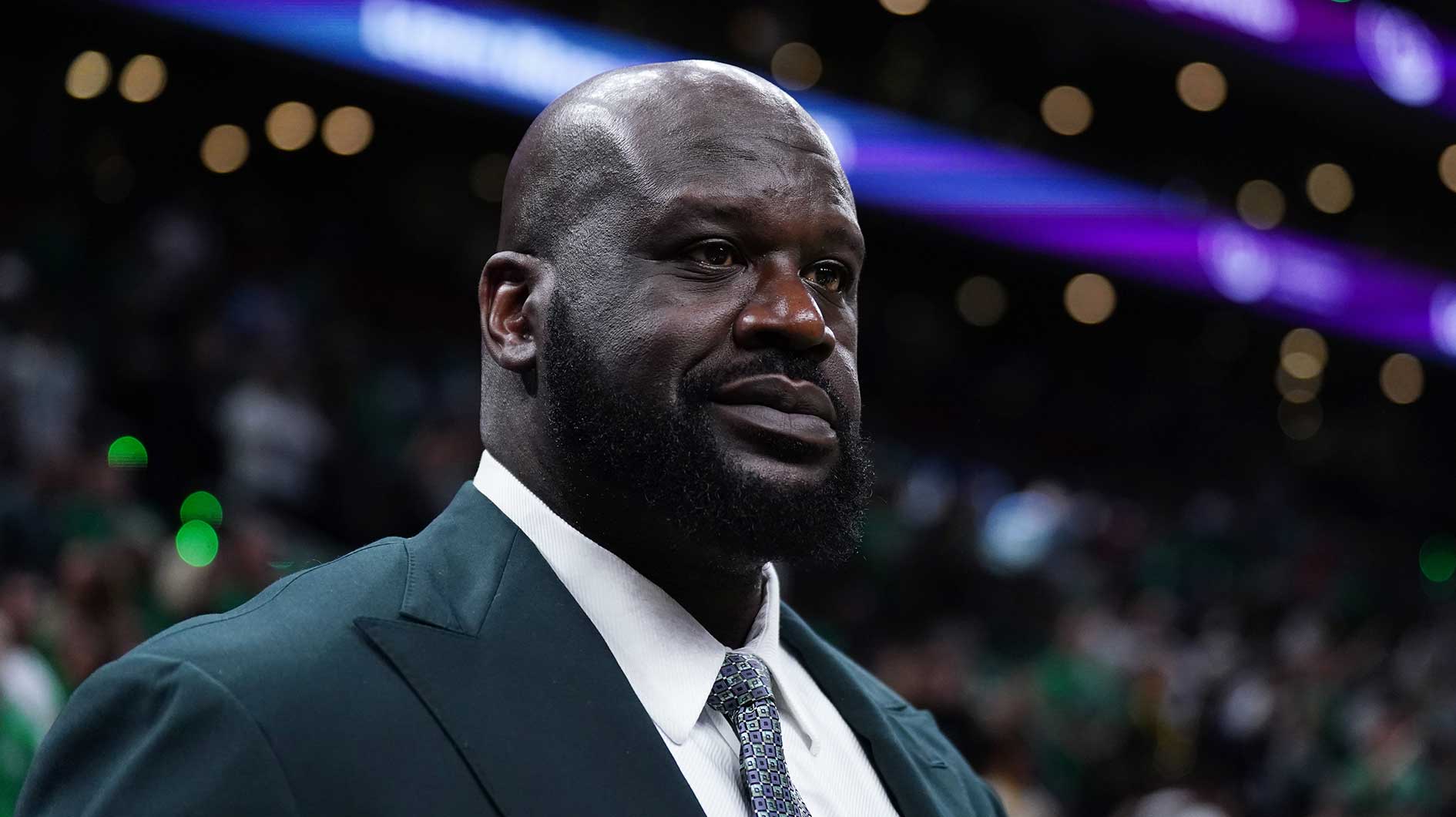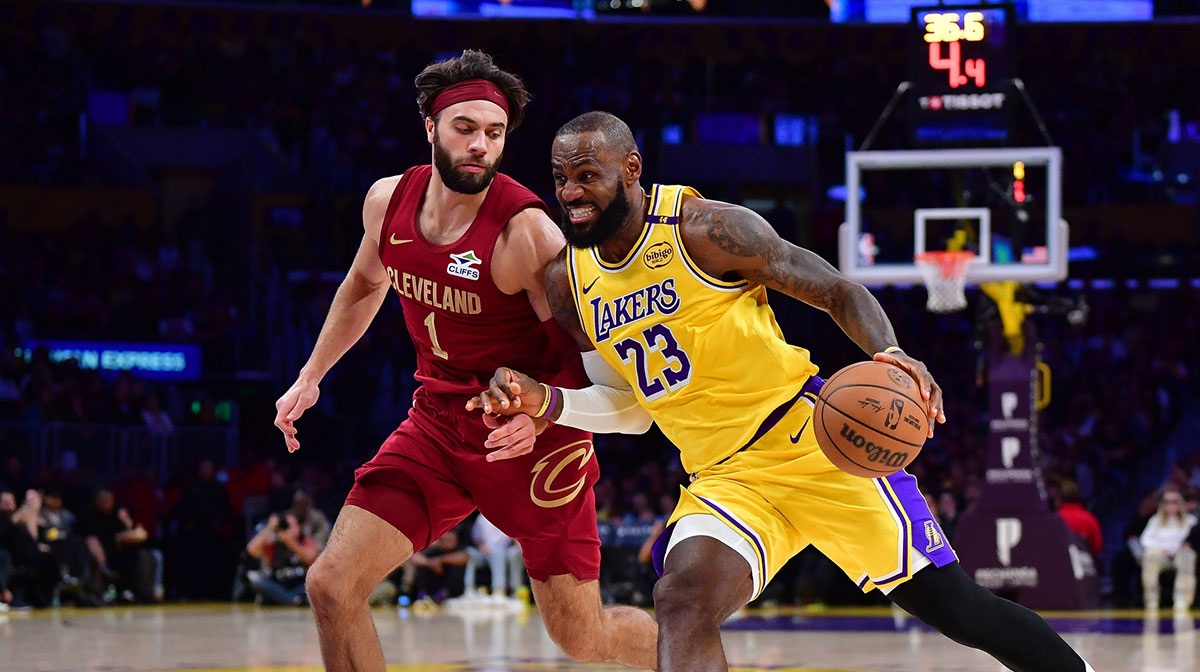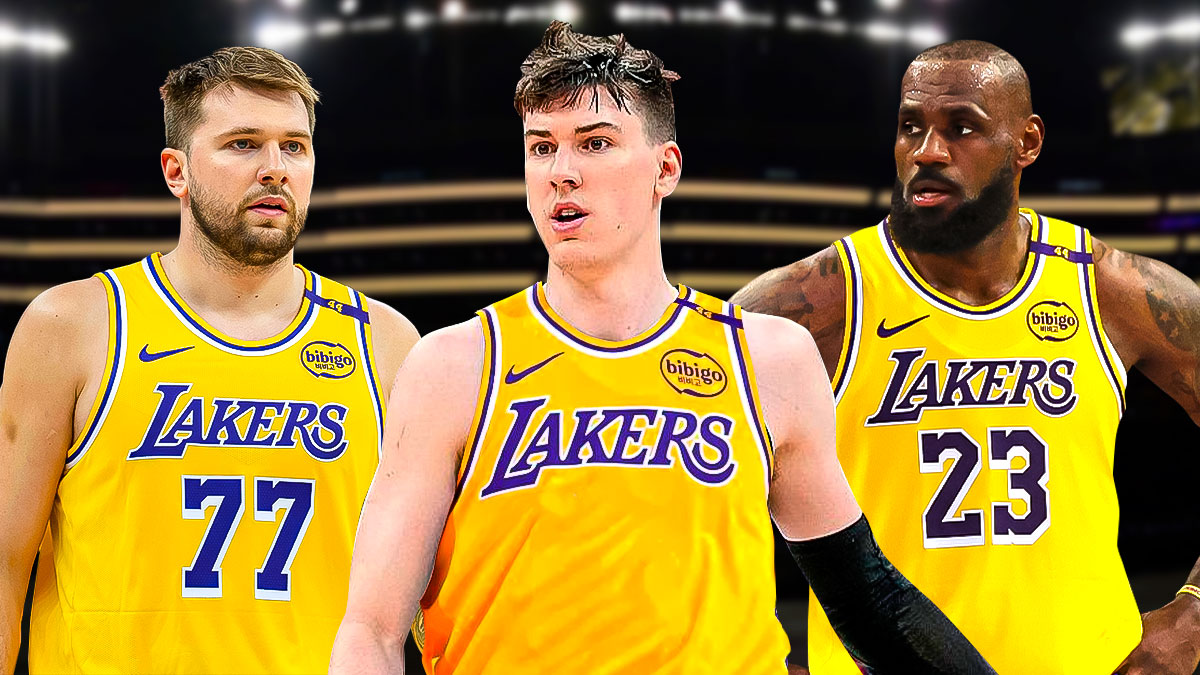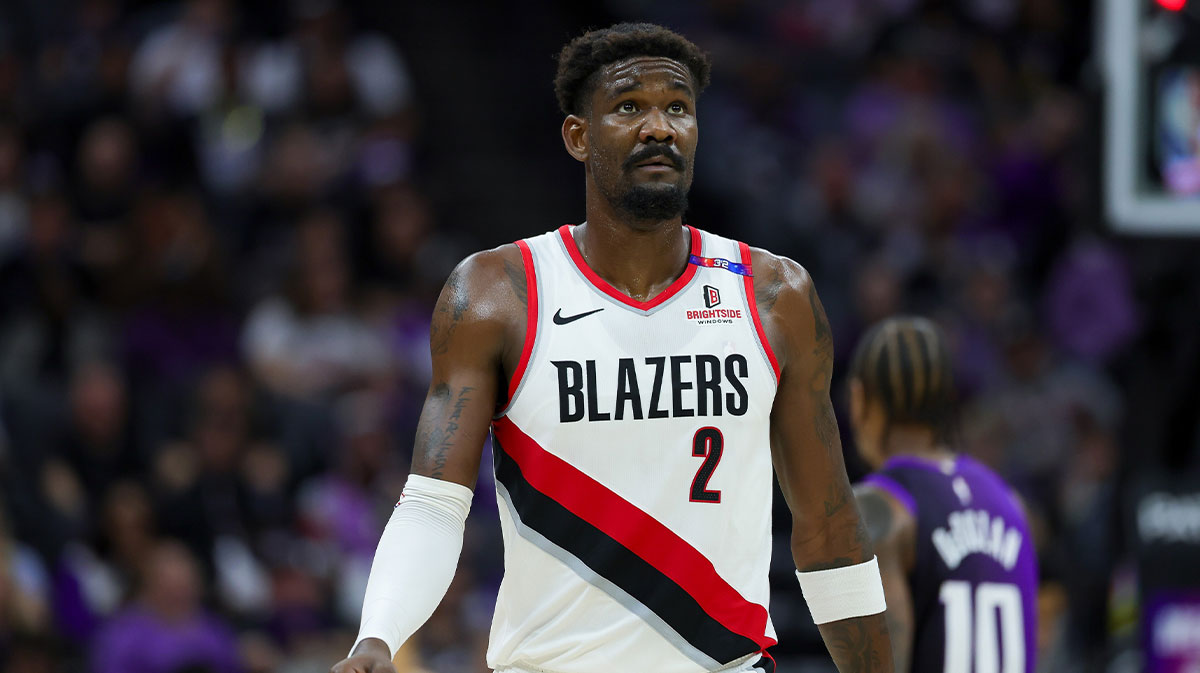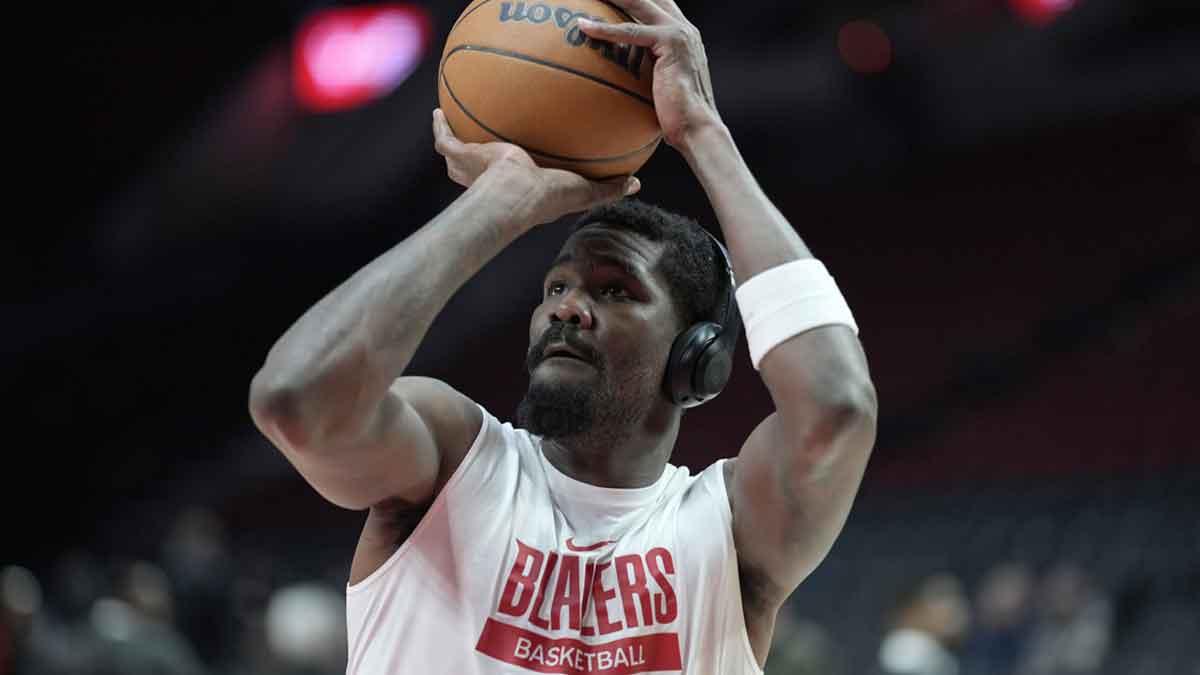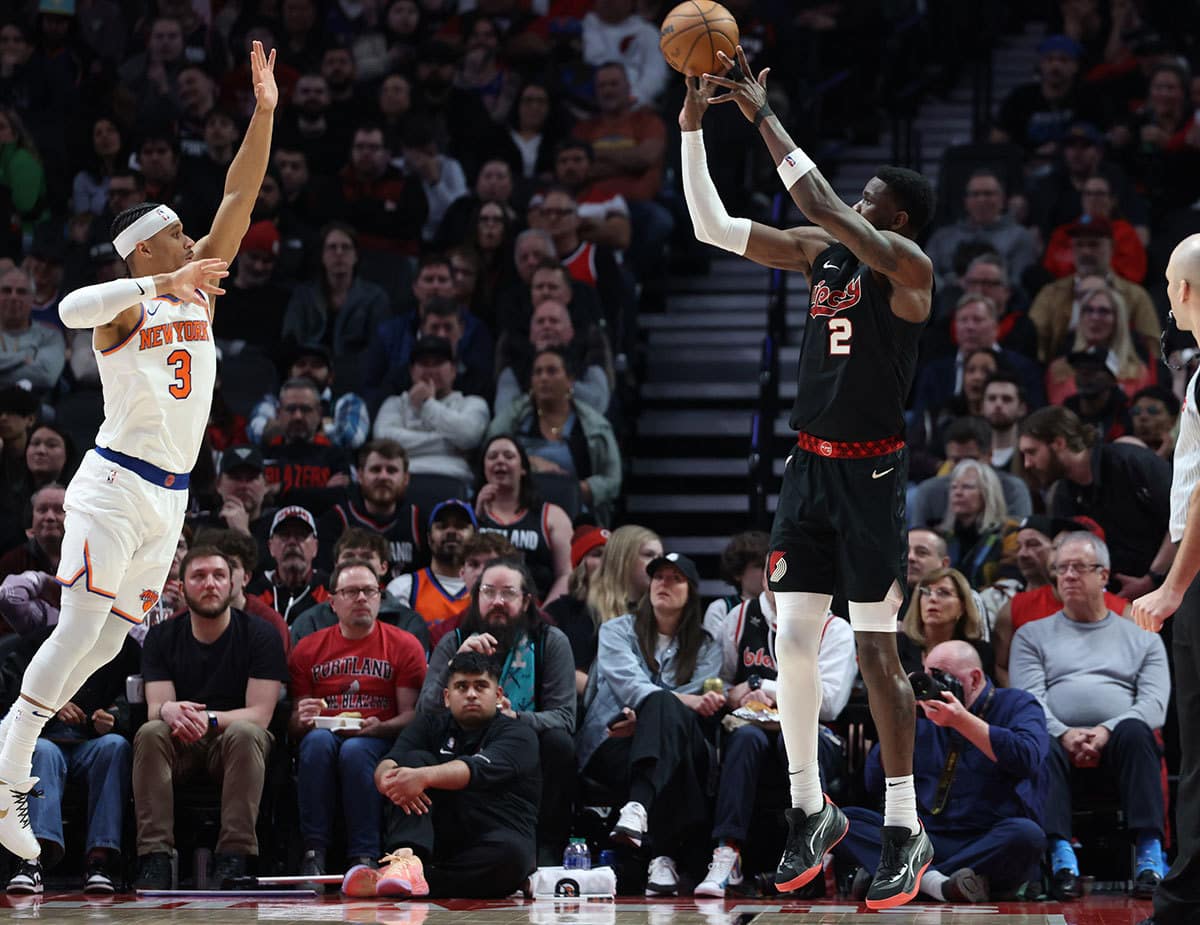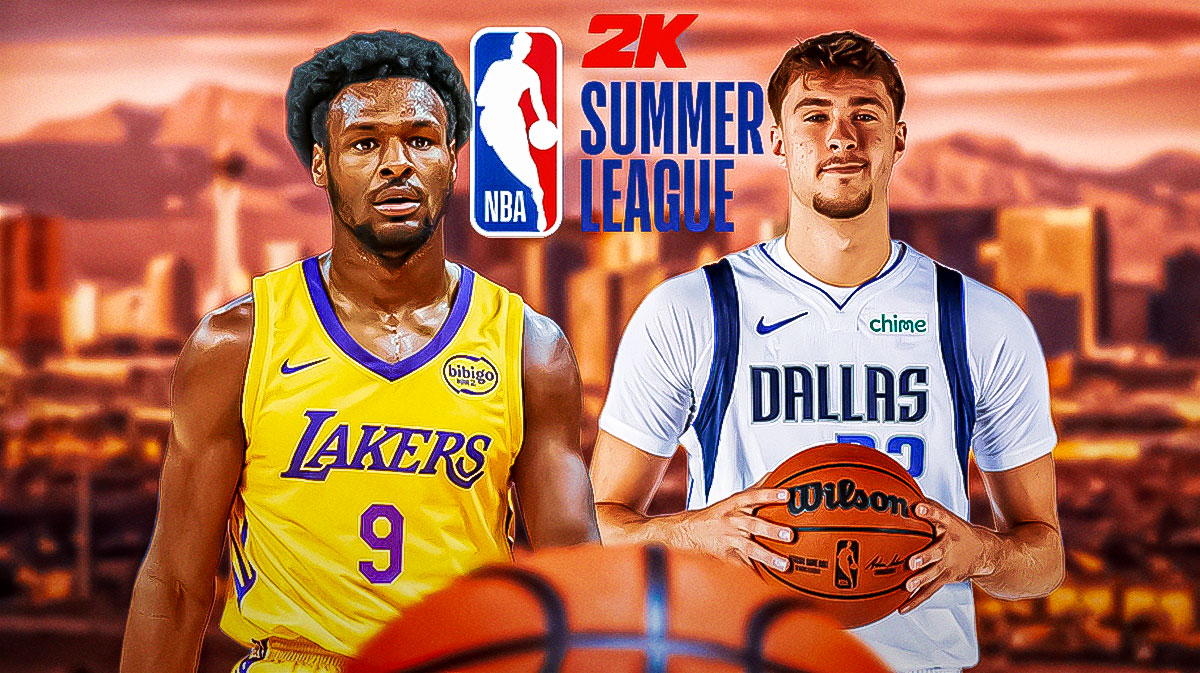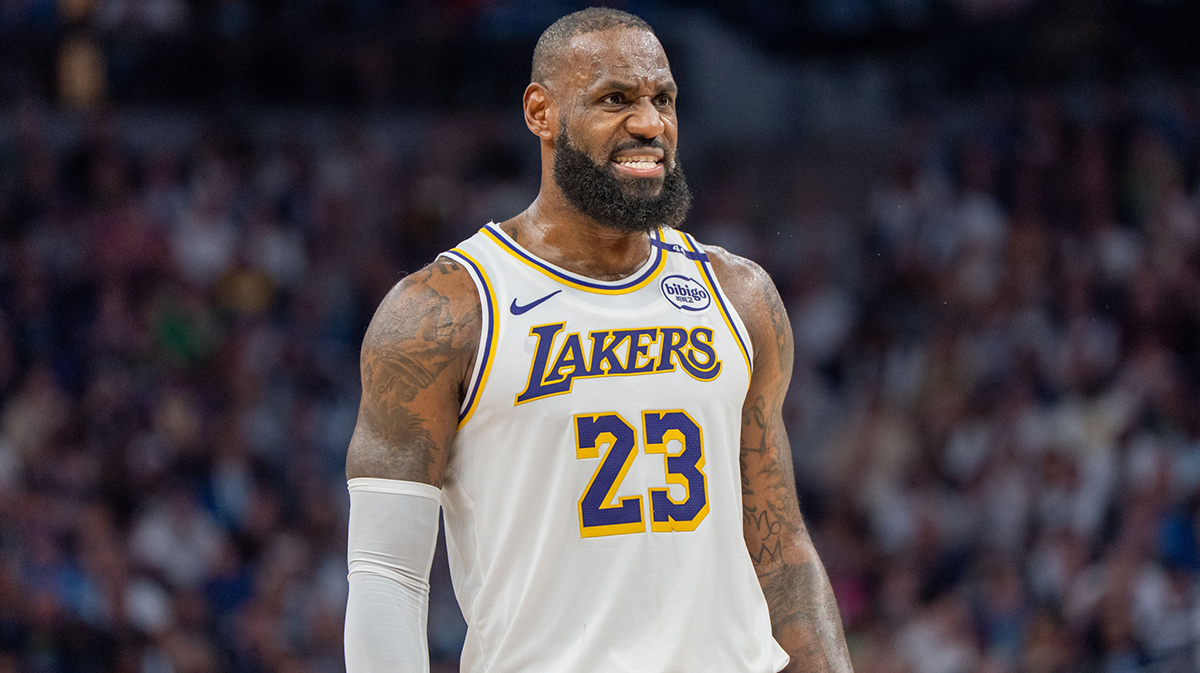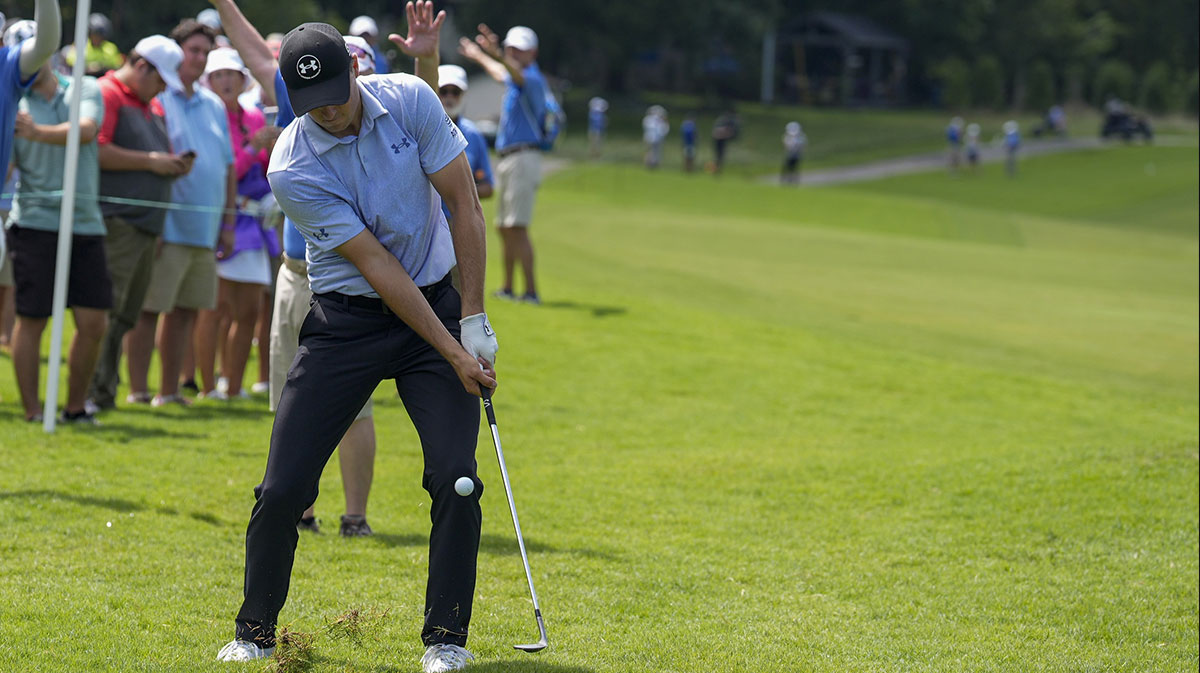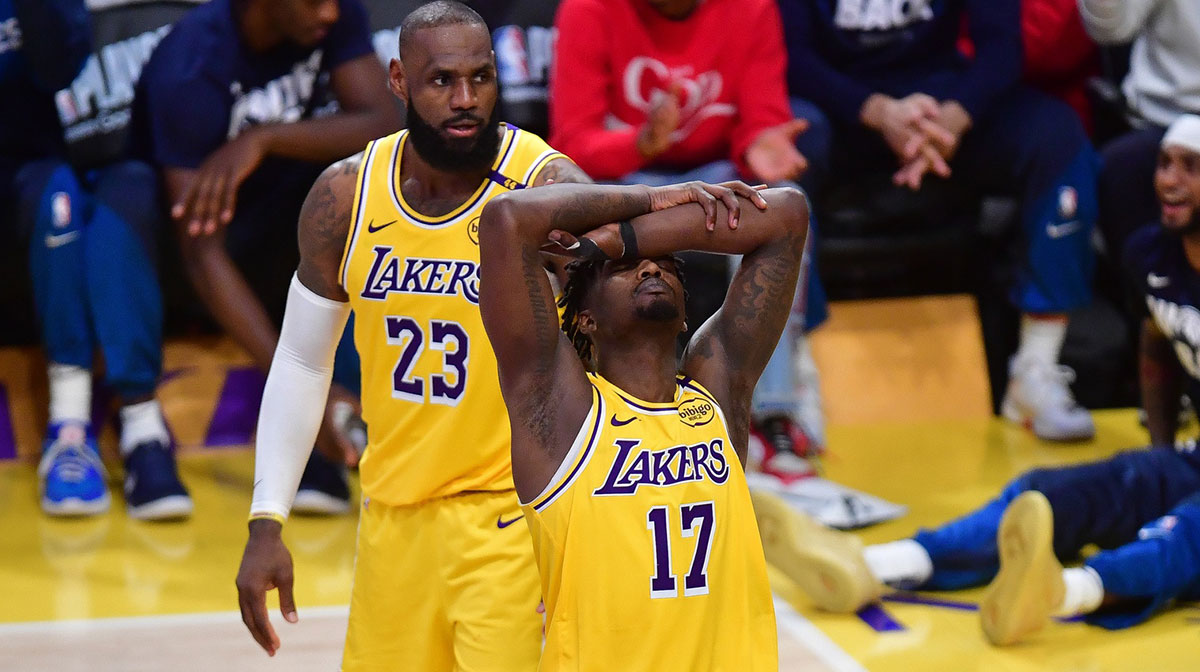Amidst a troublesome landscape and race-to-the-bottom across the league, the Los Angeles Lakers stand out as a breath of fresh air.
Despite being too far out of the playoffs to make a serious push, second-year coach Luke Walton has his club as competitive as ever. They're one of the few non-playoff teams still actively trying to win games.
From a coaching perspective, it's refreshing. Winning is a learned skill, one that can only be done through experience. Winning at the NBA level, the pinnacle of basketball competition in the world, requires so much more than talent. Every bit of experience will help in this regard, even if it comes in March against a team barely trying to be competitive.
Establishing a culture
“Last year, we really weren’t playing for anything,” forward Julius Randle is quoted of saying. “We were playing to obviously develop us young players, but this year we feel like we’re playing to develop a culture. We’re learning how to win games. We come in expecting to win games.”
This culture has completely taken over the Lakers organization over the past season, allowing the team to remain focused and achieve progress despite the numerous external distractions that surround their team and rookie point guard.
The Lakers made huge strides between Jan. 7 and Feb. 8, winning 12 of 16 while boasting the third-best defense in the league over that span. As ESPN's Ramona Shelbourne noted, Walton benched anyone and everyone – including young pillars of the franchise – who “lacked effort on the defensive side”.
Being defense-first in mentality, playing unselfish, up-tempo offense, and featuring players who can guard multiple positions has been the desired course for Walton since he took over. These last two months we've started to see that plan come to fruition. Especially with great strides made by forward Brandon Ingram, rookie Kyle Kuzma and point guard Lonzo Ball.
With only a month left in the season for the Lakers, continuing to lay bricks to their foundation could ultimately be the difference in this core rising up the standings next season, or even making an impression on any of the key free agents on the market this summer.
Internally and externally, the threats to the Lakers' rebuilding plan continue to exist. But as the season marches on, it feels more and more like a success for this entire organization.
Very few blessings come from not having your own lottery pick. But coaches by trade are adept at finding silver linings even in the most difficult of circumstances. That's why their head coach has been so upbeat and positive despite a 28-35 record.
“I’m really happy and proud with the way our guys conducted themselves, the way they’ve worked, the way they’ve fought through adversity so far,” said Walton at the All-Star Break. “Overall, I’m very pleased with the year that we’ve had as a group.”
Lakers' defense taking hold

Walton has every reason to be excited about the strides his team has made on the defensive end. The Lakers have crawled out of the NBA's basement in defensive rating. They are now up to 11th on the season after finishing dead-last in defensive rating last year. That comes despite an abysmal reputation in transition, where the Lakers bleed 1.122 points per possession and allow opponents to feast. (They have the third-most turnovers per game in the league).
Brandon Ingram is a big reason for that progress. Sure, pieces like Brook Lopez as a rim protector and sturdy efforts from the likes of Julius Randle and Larry Nance helped tighten their front court, but Ingram has risen to the challenge of guarding the opponent's best player on multiple occasions.
Ingram's biggest asset on defense has always been his length. A lot is made of wingspan during the player evaluation process – perhaps too much, unless you like drinking with Jay Bilas – but the natural tools Ingram possesses are shown off frequently.
A season ago, Ingram showed flashes by being super long and aggressive in the passing lanes, coming out of nowhere to snatch lazy cross-court passes with his go-gadget arms. Now, he's using his length to bottle up opponents on the ball. This shines in key possessions of the game, to swallow up drives and isolations:
With the length the Lakers possess, Walton finally has the toys to hit the right buttons on defense. In late-game situations, he'll switch Kentavious Caldwell-Pope onto the ball handlers and use Lonzo as a helper. This simultaneously adds length and peskiness on the ball while having his smartest team defender surveying from a help position. They'll switch some guard-to-guard actions, and occasionally with bigs as well. Julius Randle has been great in these situations, and Brook Lopez uses his length to contest in the lane like the savvy veteran he is.
Walton has relied heavily on icing ball screens near the sideline, preventing the ball from getting to the middle of the floor. There are growing pains for all involved, even the heady Lonzo Ball. Sometimes his recognition of plays is to his detriment.
Against the Portland Trail Blazers on Monday, he opened up to execute ICE before Brook Lopez was in position, and it led to a straight-line drive to the rim for Damian Lillard:
For some of the mistakes Ball makes on the defensive end, he more than corrects course with instinctual steals and effort plays. Lonzo is longer than a Fergie national anthem, and he often disrupts passing or driving lanes with subtle swipes across the lane. He's one of the best players I've seen at going rogue and leaving a standard defensive rotation to make a play on the ball:
One thing Lonzo understands about his gambles that all great players must: he absolutely has to get a piece of the ball if he goes – there's no room for him to strikeout.
The franchise's other star rookie, Kyle Kuzma, doesn't inspire the same confidence defensively. He's solid on the ball, especially in the post. But he's lazy on defensive rotations and known to clock out once the Lakers aren't on the attack.
For that reason, the man with the second-most points on the season for the team has seen his minutes change on nightly basis. He's played fewer than 20 in four contests since the New Year, and played above 30 five times. It all goes back to Walton preaching defensive effort. He's shown the potential to be a really versatile and strong defender, but consistency is the first step to realizing potential.
Everything is starting to come together for the Lakers faster than anyone expected. Their bigs have been effective all season long, even when they play lineups with Randle and Brook Lopez together. But it's basketball IQ that has the young Lakers playing with a defensive savvy uncommon in the presence of such youth.
Here against the Atlanta Hawks, they encounter a common NBA action, Wedge, where an offensive player screens a big man's defender to free up that big for a side ball screen. The idea is to take away the screener's defender on the pick-and-roll, no matter what the coverage is. But the Lakers execute their coverage against Wedge brilliantly, switching the big-to-big screen with Randle and Lopez, then icing the ball screen to keep it to the sideline:
Everything about this defensive possession is outstanding. The execution of the coverage, the individual defense of Josh Hart on the ball screen, and the outstanding bluff-and-recover from Brandon Ingram that leads to an easy transition basket. Great defense starts with recognition and communication, and this type of attention to detail is far beyond the youth of this team. Stops lead to easy scores, and as Walton knows, the symbiotic relationship between good defense and good offense is the key to championship success.
Leading the league in pace allows the inexperienced Lakers to get more cracks at scoring, but it also means they spend more time on the defensive end. Their defensive rating being where it is despite that fact is a testament to how hard Walton has drilled his young core and how they've responded to criticism.
Their trade deadline acquisition of Isaiah Thomas will likely drop the team's defensive efficiency metrics as they work to mask his deficiencies and trot out some two-point guard lineups more frequently. That makes it all the more important for the organization, and others who evaluate the roster, to be impressed with the team's progress by mid-February.
In particular, the switchy Lakers must be thrilled with the defensive impact of rookie Lonzo Ball. Their on-off defensive rating with Lonzo is a 7.4, which would put him in the 94th percentile among all point guards in terms of net rating. But Ball's metrics are an example of some of the dangers of on-off information.
Los Angeles is without another quality defensive point guard, which drags down their numbers when he's off the court. Without Ball, the Lakers give up roughly 111 points per 100 possessions. Extrapolated across a whole season, that would put them with the fourth-worst defense in the league, just a notch ahead of the train wreck taking place in Cleveland.
It's a huge drop-off from being just outside the top 10, which they are on the whole this season. But is Ball responsible for that, or are the Lakers just awful with their depth behind him? Diving into Synergy statistics fails to bring tenable answers though, as they deal with primary defenders and shooting percentages. While Lonzo clocks in the top 100 in the league in points per possession on shots attempted against him, there's a great deal of luck that goes into these situations. Above him on the list are notoriously poor individual defenders, such as Danilo Gallinari, Lou Williams and, yes, Isaiah Thomas.
What to do with Isaiah Thomas

Thomas is caught in one of the worst free agency pickles of recent memory. Remember back in July when I.T. predicted the Brinks Truck needed to pay the score-first point guard?
Things haven't gone so well for Thomas since then. A hip injury, two trades, and an uncomfortable amount of contact with the media have marred his 2017-2018 campaign. Thomas averaging 29 points per game for the Celtics feels like years ago.
The numerous aforementioned factors, combined with a leveling-off of spending on free agents, means Thomas is highly unlikely to break the bank this summer. Teams have played hot potato with him over the last few months; an unbelievable fall from grace for one of the greatest underdogs in recent professional sports memory.
Now with the Lakers, Thomas must come to grips with the market collapse around him and what it means for his future. Los Angeles has a rookie point guard firmly fashioned to their franchise for the foreseeable future. Ball's strong play of late, and his already noted impact on the defensive end, should place his development on the front burner and push Thomas to a more complimentary role. Magic Johnson has noted a shift towards summer 2019 already, meaning next season should be designed similar to this one: preparing their young nucleus to the future.
That's where Thomas may be trapped. The Lakers control his Bird rights, meaning they can go above the salary cap to retain him. Only 10 other teams in the league project to have $10 million or more in cap space, with most in that category facing impending deals with their own free agents. Even fewer teams in that group need a point guard. Especially one turning 30 next season who already is considered one of the most detrimental defensive presences in the league.
While the Lakers could get Isaiah at a discount this summer because of the market freeze, keeping him might run contrary to much of the progress they've made throughout the year. No rotation player in the league has a worse DBPM (a measure of defensive impact above or below league average). He's at -5.0 DBPM through his first 225 minutes in Los Angeles. Only one player in NBA history has logged more than 500 minutes in a season with a DBPM of -5.0 or worse.
As Walton urges his team to remain defensive-minded, the presence of Thomas stands as a threat to the culture he's already created. Keep an eye on how the organization proceeds this summer with the former Boston Celtic.
Building an offense

Offensively, the Lakers are a fusion of the Steve Kerr Warriors, Phil Jackson's Triangle Offense and misdirection ball screens for matchups they like to exploit. Walton has preached the importance of sharing the ball. As Walton remarked back in February: “We count our total team passes, and we have a winning record when we get over 300.”
Currently they are 25th in the league in passes per game, both a symptom of and cause of their problems on offense. Lonzo Ball, who is averaging 10.5 points, seven boards and seven dimes as a rookie, still tends to over-dribble in the half-court. He often chooses drive-and-kick creation over trusting the person next to him. Their best extra pass guy has been Julius Randle, who makes simple plays from the top of the key when the Lakers play through him and can recognize the open teammate:
Lonzo's Lakers are fifth in the NBA when it comes to assist to pass ratio, ranking amongst some of the best teams and offenses in the league in the metric. When they do share it frequently, it leads to a great deal of easy baskets, making it hard to blame Walton for wanting to maximize his team's passing opportunities.
Still, young teams fall back on their default habits of taking guys one-on-one and doing their damage off the bounce. It worked for guys like Lonzo and Ingram through high school and college, and takes time to adjust to trusting another elite creator next to them. They must continue to adjust to the ball movement elements of the Walton's offense.
Of course, there are the ball screen sets, tantalizing plays with eons of upside based on the ball handling prowess of Lonzo Ball and Brandon Ingram. The effects of coaching with Kerr are ever-present in the actions they run with pick-and-rolls. Most sets have some movement away from the ball where a screen is set to occupy the help defense, limiting the number of defenders' eyes on the ball at a time.
My personal favorite: a swirling action where Ingram comes off a ball screen while a shooter darts off a flat screen towards the corner:
Walton is using the Lakers' size and length to play out of the post more frequently as well. Guards and wings take their mismatches down low while bigs like Lopez and Randle set a bevy of screens on the weak side. It's Walton's unique take on the famed split cuts the Kerr-coached Warriors run when the ball goes into the post. They're a great a way to occupy help defense from double-teaming or zoning on the weak side. He's even incorporated some great ATO sets that involve a multitude of screening and cutting actions:
This team is playing distinctly in the imprint of their coach. They're gritty and smart, becoming increasingly unselfish and maturing at an unexpected rate. Few things about them are conventional, and they're blending modern styles with the strengths of their roster. Their scoring is balanced on a nightly basis. No single Laker averages more than 17 points per game.
Room for growth

There are still great areas for growth for the young core. Ingram and Ball need to become more consistent from deep, as well as get stronger finishing at the rim. Like most young teams, they're turnover prone and make some stupid mistakes. As long as they're aggressive ones, Walton will live with them.
For the first time since the dismal Dwight Howard acquisition, the foundational talent for the Lakers organization seems to be in the building. Magic Johnson and Rob Pelinka have positioned them to make a splash either this summer or next. Roughly $61 million in cap space affords them a ton of flexibility to aggressively chase a franchise superstar. Lakers fans salivate over the possibility of adding LeBron James or Paul George, as well they should.
Even if they swing and miss on the elite stars, $61 million can get them another year out of Caldwell-Pope and his Early Bird rights for July 2019. They'll have the most money and availability to assuage any marquee big man on the market and enough of a budget to outbid some incumbents for restricted free agents. The contingency plans could add just the right firepower for this team to continue its improvement even without a proven All-Star.
Unlike the traffic patterns in Los Angeles, the roads are clear for the Lakers to shoot back towards the elite of the Western Conference. The reason for that faith doesn't hinge on free agency though; it's built squarely on the shoulders of their young core and budding defensive identity.
Unless otherwise noted, all stats are courtesy of Synergy SportsTech, basketball-reference or NBA.com, and current as of March 6, 2018.

